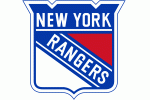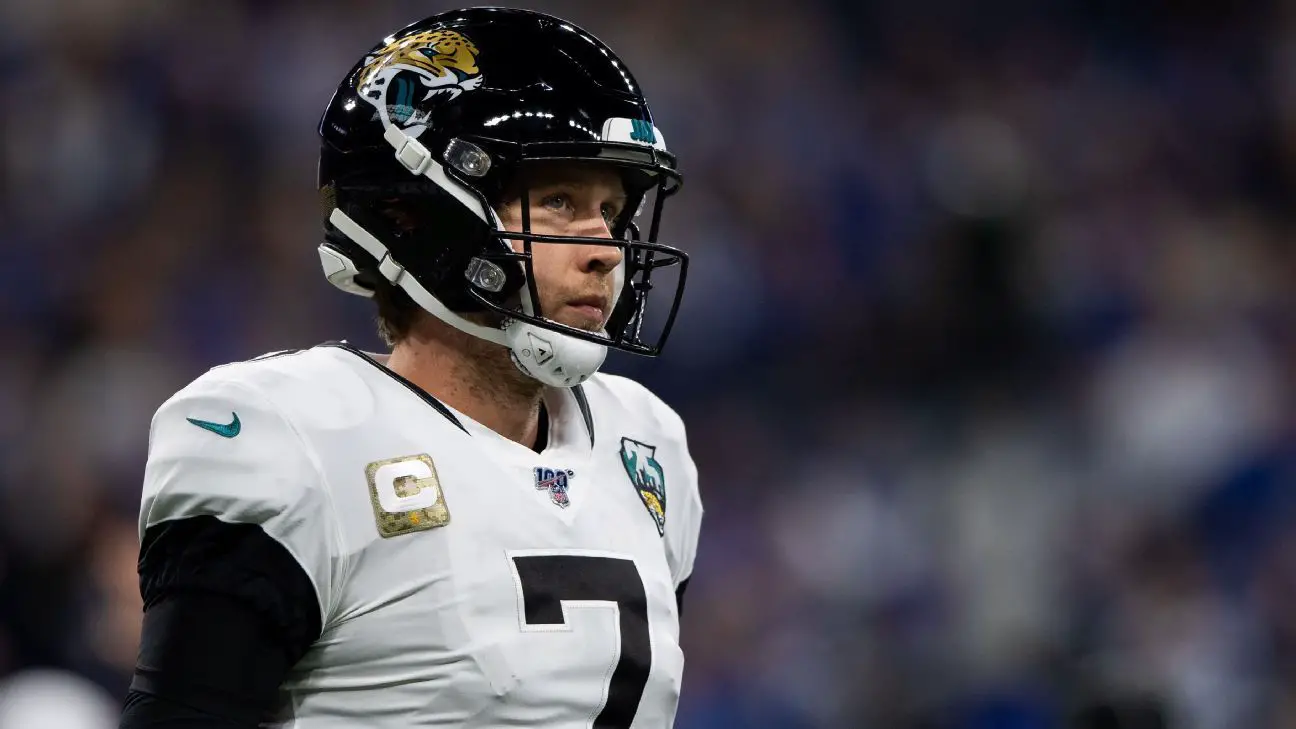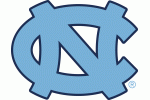Wednesday, April 8
Chicago Bears get: QB
Nick Foles
Jacksonville Jaguars get: 2020 fourth-round pick
Bears grade: C-
Jaguars grade: A-
Finally! We had to wait for the specific terms of Foles' restructured contract to come available, as it seemed almost impossible to believe that the Bears would inherit the three years and $57 million remaining on his contract. I assumed the Jaguars would have to attach a meaningful draft pick to get out of the $20.6 million in remaining guarantees they owed Foles, who was paid $30 million for his four starts in a Jaguars uniform.
Instead, the Jags got out of the deal and even netted a fourth-round pick for their efforts. General manager Dave Caldwell & Co. deserve a lot of credit for getting themselves out of the Foles pickle, even if they were the ones responsible for creating the pickle in the first place. Jacksonville will eat $18.8 million in dead money on its cap this season and then be free of the Foles deal from that point forward, leaving the team with more than $100 million in projected cap room for 2021.
The Bears were able to get creative with Foles' contract, in part because he was willing to give up virtually all of the non-guaranteed money to make the deal work. The former Super Bowl MVP is now on a three-year, $24 million contract with $21 million fully guaranteed, including $8 million in 2020, $8 million in 2021 and $5 million of the remaining $8 million in 2022. He has the chance to earn some of that money back with incentives, but given that he would have likely come away with something in the $12 million range over 2021 and 2022 as a backup after he was cut by the Jags, he gave up both the upside of his old deal and about $11 million in likely future earnings to move to the
There's nobody else on a veteran contract like this in football. Foles has most of his third year guaranteed, and when players get three guaranteed seasons, they're usually being paid like superstars. Borderline starters like Foles rarely get more than one guaranteed year on their deals. He is essentially guaranteed to get top-level backup money for two years and what will be mid-tier backup money in the third. That's not necessarily a bad deal in itself and it's much more in line with Foles' established level of play than his prior deal.
Giving up a fourth-round pick for an appropriately-compensated quarterback isn't a great move, though, given the other options for the Bears. They could have saved the money they spent on tight end
Jimmy Graham and gone after a less expensive second pass-rusher than
Robert Quinn and used that cash to go after
Teddy Bridgewater or
Tom Brady, both of whom seem like higher-floor options than Foles.
At a lower price, they could have waited for the Bengals to release
Andy Dalton, who fits in the same group as Bridgewater or Brady, or gone after
Cam Newton. (The claim that the Bears
weren't interested in Newton because of his injury history makes you wonder whether they are even interested in leaking plausible arguments, given that Foles missed most of 2019 with a broken collarbone and hasn't been able to start for any extended length of time without getting injured.)
All four of those quarterbacks would have expected to start ahead of
Mitchell Trubisky, whose recent history doesn't need to be rehashed here. While the organization has said that Foles and Trubisky are
in a competition for the starting job, acquiring Foles and paying him like a high-end backup feels like a self-fulfilling prophecy. (Chicago general manager Ryan Pace also said Trubisky was the team's starting quarterback
as recently as the combine, just three weeks before acquiring Foles.) My suspicion is that the Bears still badly want Trubisky to win the job and traded for a quarterback who was just good enough to push him without being good enough to clearly push him aside.
Foles' upside is the stuff of legend, of course, but his résumé as a very good quarterback amounts to nine starts under Chip Kelly in 2013 and two playoff games under Doug Pederson in 2018, one of which came against the league's second-worst defense. Foles has posted a passer rating of 79.8 and averaged 6.4 yards per attempt across his 43 other starts, which is replacement-level stuff.
In the past, his supporters have suggested throwing out his run under Jeff Fisher with the Rams while suggesting he would excel under Andy Reid disciples. The Bears are hoping that carries over, given that coach Matt Nagy once worked under Reid and Pederson in Kansas City, while quarterbacks coach John DeFilippo was in the same role while Foles made his Super Bowl run.
I'm not sure that theory is convincing. Foles wasn't great last season in Jacksonville with DeFilippo as his offensive coordinator. During that six-game run to the Super Bowl in 2017 with Pederson and DeFilippo, he was wildly inconsistent, mixing in two disastrous starts at the end of the regular season and a first half against the Falcons in which
a dropped interception turned into an Eagles completion and a critical field goal. Foles was only competent filling in again for an injured Wentz the following season under Pederson.
That run in 2013 came under Kelly (and quarterbacks coach Bill Lazor, now the Chicago offensive coordinator) in an offense the league simply wasn't ready to stop. When the league adjusted to Kelly's tempo in 2014, Foles' numbers immediately retreated back to earth. He can look good for a short period of time in a system that's built around his strengths, but Nagy wasn't able to build that offense for Trubisky last season, and Foles' injury history doesn't make it likely he would hold up for an entire campaign. I understand why the Bears acquired Foles, but I don't think he actually solves their quarterback problem.
Pace traded away cap space and a 4th rounder for a guy who lost his job to Minshew. Keep apologizing for Foles you dipshits. He was always going to suck, much like Mitch.
How did the Bears fare in the trade for Nick Foles?

www.espn.com














